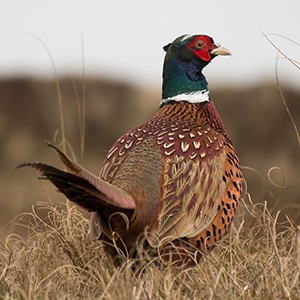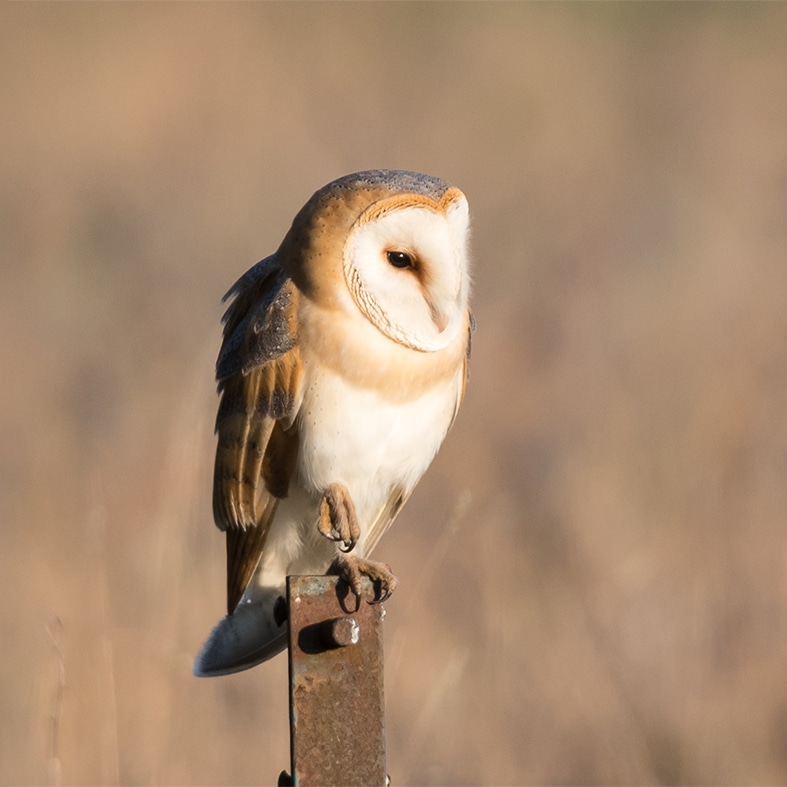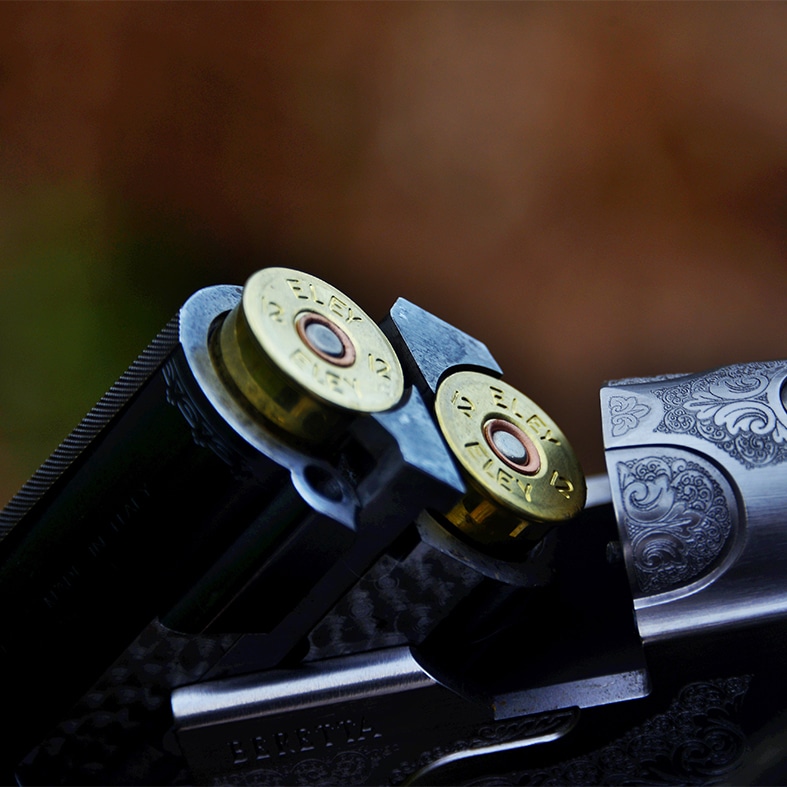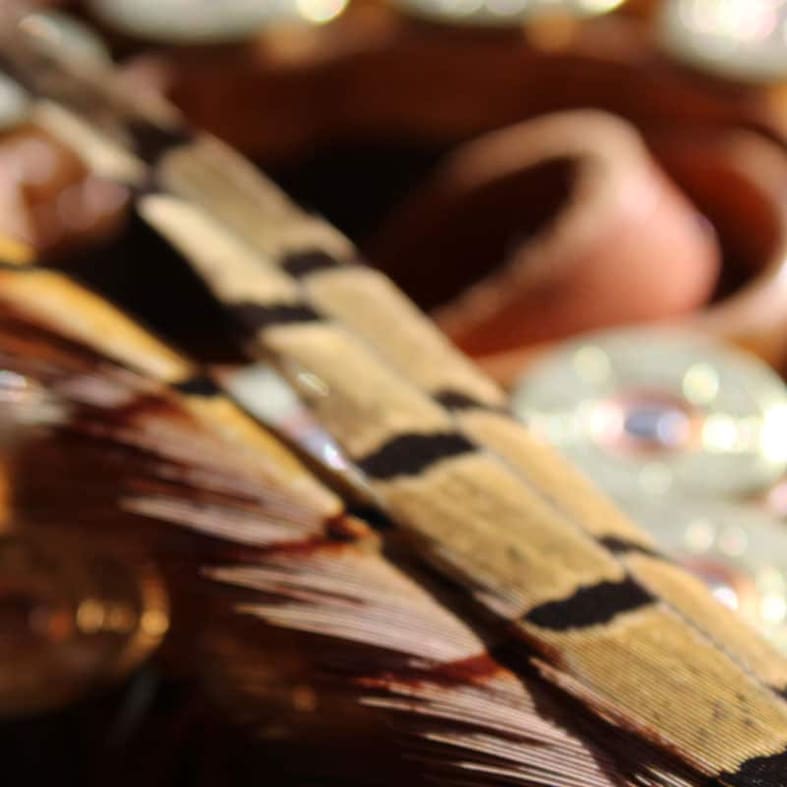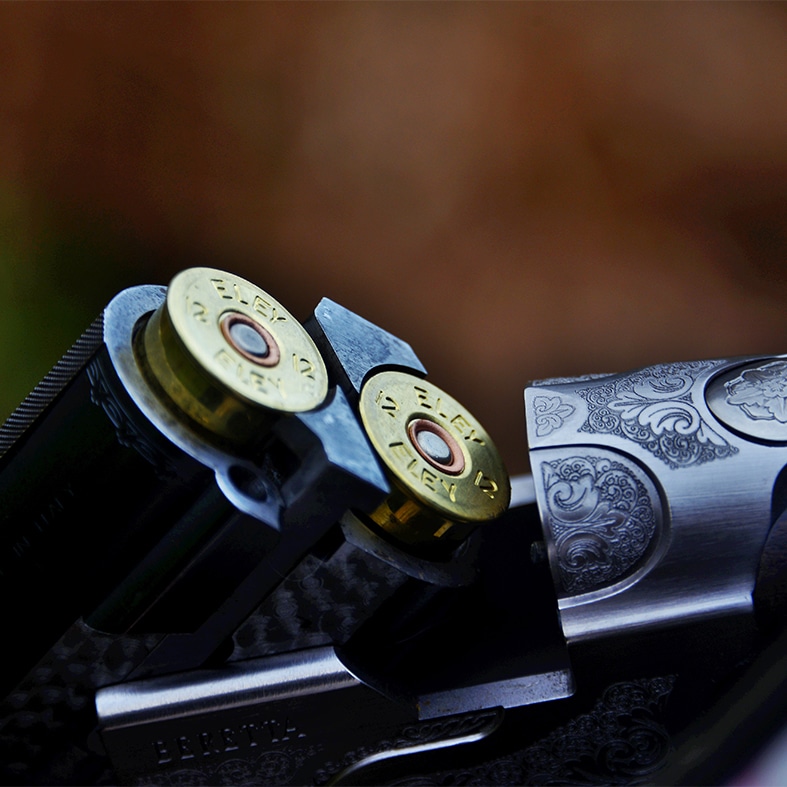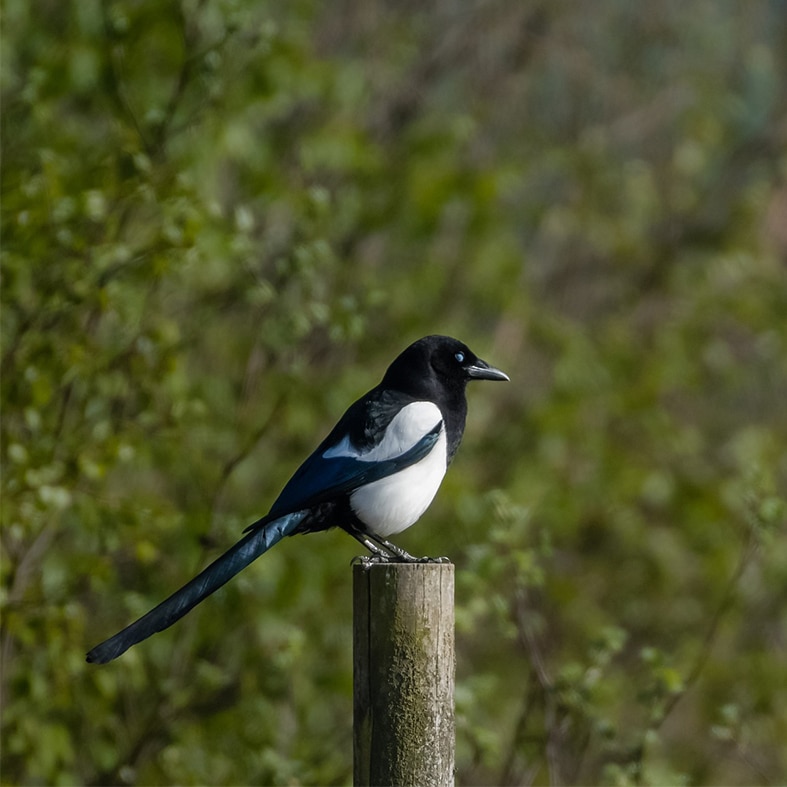
“Outright ban” on snares will have devastating consequences, warns BASC

Banning snares including modern humane cable restraints in Wales will remove an essential conservation tool and could result in local extinctions, the British Association for Shooting and Conservation has warned.
BASC, which has its head office in north Wales, is now calling on the Welsh Government to rethink proposed plans to ban the devices “before it’s too late”.
The warning was made by BASC’s head of game and wildlife management Glynn Evans while he was providing evidence to the Economy, Trade and Rural Affairs Committee on the Agriculture (Wales) Bill.
Alongside supportive organisations, BASC told Members of the Senedd that an “outright ban” on all snares including modern humane cable restraints for foxes will risk the loss of iconic species such as the curlew.
Following the evidence session, Mr Evans said: “The use of modern humane cable fox restraints, are an effective and humane form of catching and holding foxes. They meet the requirements of international standards for such devices, in accordance with the Welsh Government’s own code of practice.
“Moving forward with a ban on these devices will remove an essential tool for conserving our most precious species and will risk resulting in local extinctions.”
Mr Evans referenced the curlew, whose Welsh population is at a record low, with an estimated 400-600 breeding pairs remaining. He said: “The correct use of these devices at specific times of year and in locations where other methods are impractical can mean the difference between a successful breeding season and the further loss of these vulnerable birds.”
BASC is supportive of moves to prohibit the use of non-code compliance snares whilst permitting the continued use of humane cable restraints and making compliance with the existing Welsh Government Code a legal requirement.
BASC Wales director Steve Griffiths added: “Banning humane cable restraints under the Agriculture (Wales) Bill will have devastating consequences for biodiversity and the Welsh countryside.
“The Welsh Government needs to recognise the importance of modern human cable restraints as a conservation tool and rethink its proposed plans to ban them before it is too late.”
Click here to watch Glynn Evans providing evidence (he appears from 55:20).
Share

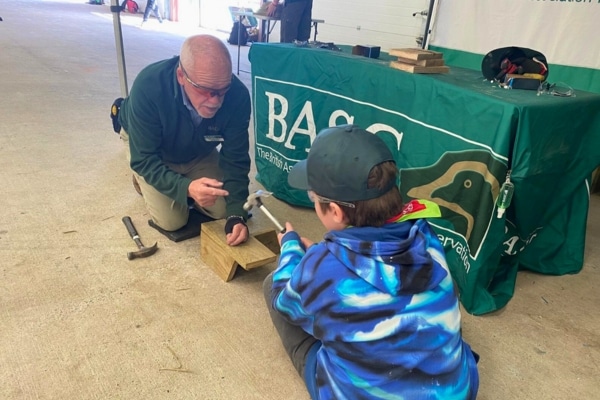
BASC Wales team help Scouts become next generation of conservationists
More than 750 birdboxes were built by the BASC Wales team and Scouts from across Wales at a national camp last week.
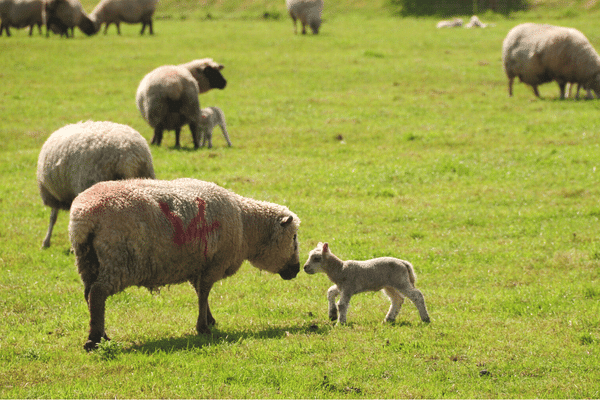
BASC statement on the future of snaring in Wales
The decision to ban snares through the Agriculture (Wales) Bill will negatively impact farming and conservation practices.
